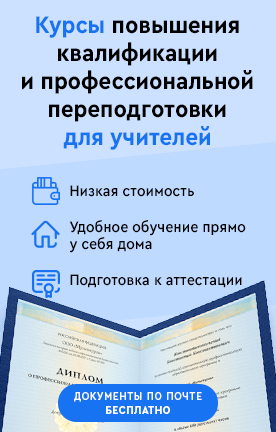Theme: Garbage disposal
Aims of the lesson: to develop communicative skills and abilities through different
Communicative activities; to encourage the use of language
in group and in pair work; to check pupils’ ability in using the
words covered in the situation “Garbage disposal”
Methods of teaching: question-answer, associating method,
explanation, group work.
- Organization moment
Greetings, short conversations with pupils on duty, ask for weather, date and day.
- Phonetic drill
Litter – ?о?ыс combustible- жанатын
A litter bin- ?о?ыс ж?шігі noncombustible- жанбайтын
A fine- айып п?л poisonous- улы, з?рлі
Spoil- б?лдіру recycled- ?айтадан ??деу
A litter bug- ?о?ыс ла?тыр?ан адам reused- ?айта ?олдану
A view- к?рініс
- ескі-??с?ы
- жарамсыз, сыпырынды
Garbage- ?о?ты?
Garbage can- ?о?ыс ж?шігі
- New theme.
The theme of our lesson is “ Garbage disposal”
Families of Machida in Japan must divide their garbage into six categories:
- Garbage that can be easily burned ( that is, combustible garbage), such as kitchen and garden trash.
- Noncombustible garbage, such as small electrical appliances, plastic tools and plastic toys.
- Products that are poisonous or that cause pollution, such as batteries;
- Bottles and glass containers that can be recycled;
- Metal containers that can be recycled;
- Large items, such as furniture and bicycles.
The items in categories 1 to 5 are collected on different days. Large items are only collected upon request.
10 % recycled
Garbage is burned
Просмотр содержимого документа
«Garbage disposal »
Theme: Garbage disposal
Aims of the lesson: to develop communicative skills and abilities through different
Communicative activities; to encourage the use of language
in group and in pair work; to check pupils’ ability in using the
words covered in the situation “Garbage disposal”
Methods of teaching: question-answer, associating method,
explanation, group work.
Organization moment
Greetings, short conversations with pupils on duty, ask for weather, date and day.
Phonetic drill
Litter – қоқыс combustible- жанатын
A litter bin- қоқыс жәшігі noncombustible- жанбайтын
A fine- айып пұл poisonous- улы, зәрлі
Spoil- бүлдіру recycled- қайтадан өңдеу
A litter bug- қоқыс лақтырған адам reused- қайта қолдану
A view- көрініс
Rubbish- ескі-құсқы
Trash- жарамсыз, сыпырынды
Garbage- қоқтық
Garbage can- қоқыс жәшігі
New theme.
The theme of our lesson is “ Garbage disposal”
Families of Machida in Japan must divide their garbage into six categories:
Garbage that can be easily burned ( that is, combustible garbage), such as kitchen and garden trash.
Noncombustible garbage, such as small electrical appliances, plastic tools and plastic toys.
Products that are poisonous or that cause pollution, such as batteries;
Bottles and glass containers that can be recycled;
Metal containers that can be recycled;
Large items, such as furniture and bicycles.
The items in categories 1 to 5 are collected on different days. Large items are only collected upon request.
 10 % recycled
10 % recycled

![]() Garbage is burned
Garbage is burned
 Is put in landfills
Is put in landfills
Conclusion.
What should we do?
We should walk a lot.
We should keep the country tidy.
We should grow flowers.
We should water flowers.
We should save our family’s old newspaper and waste paper.
They may be recycled.
What shouldn’t we do?
We shouldn’t use cars a lot.
We shouldn’t throw litter into the streets.
We shouldn’t cut trees, plants, trees and pick flowers.
When we pick wild flowers we shouldn’t take them all.
Remember!]
The modal verb “ should ”.
After this modal verb the infinitive is used without particle “to”
I should go…
We use “ should” when we give advice.
I have some free time.
What should I do? ( What is the best thing to do for me?)
A personal opinion
I think you should go to the doctor.
Ex 9. Match the Kazakh words with the right English words.
Әсер ету 1. protect
Сақтау 2. leak
Қорғау 3. conserve
Қоқыс,қалдық 4. heritage
Ағу 5. waste
Мұра 6. affect
Home task
You’ll write a project about environment. You’ll write about how to protect the environment and to read and to translate the text “ Garbage disposal”.
Giving marks.
 10 % recycled
10 % recycled
 Is put in landfills
Is put in landfills 



















